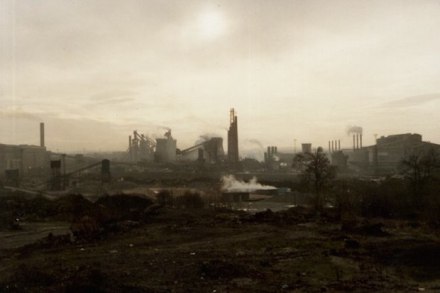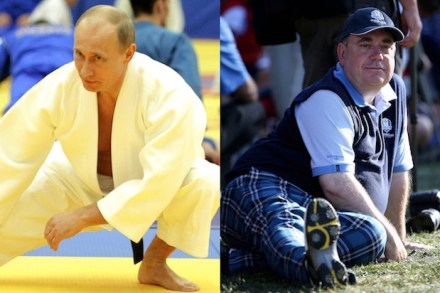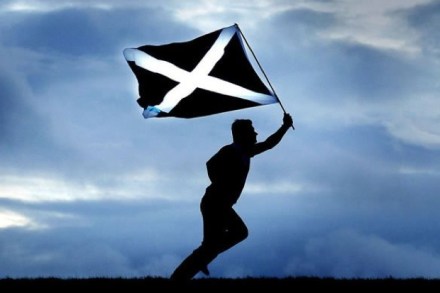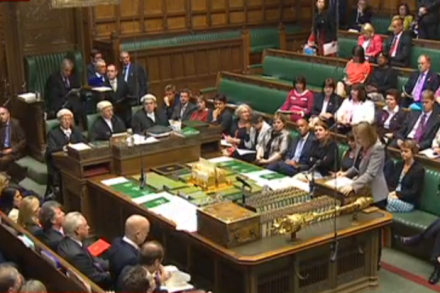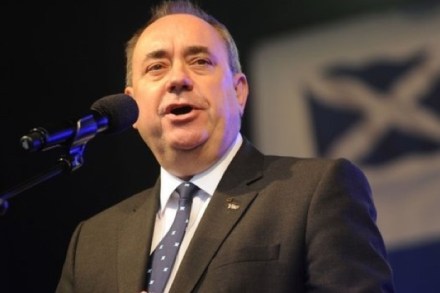The Scottish jobs miracle is an argument for Union, not independence
One of the more bizarre aspects of the Scottish independence debate is the idea that UK welfare reform somehow doesn’t fit Scotland. On the contrary, it was designed for Glasgow – the Easterhouse housing scheme, to be specific, after a visit which changed Iain Duncan Smith’s whole career. And the other point about these reforms is that they’re actually working. Today’s figures show that the number of Scots in employment is rising by almost 500 a day. A grand total of 2.62 million are now at work in Scotland – never in the country’s history has it had so many in work. And why? It’s the same phenomenon that you see
